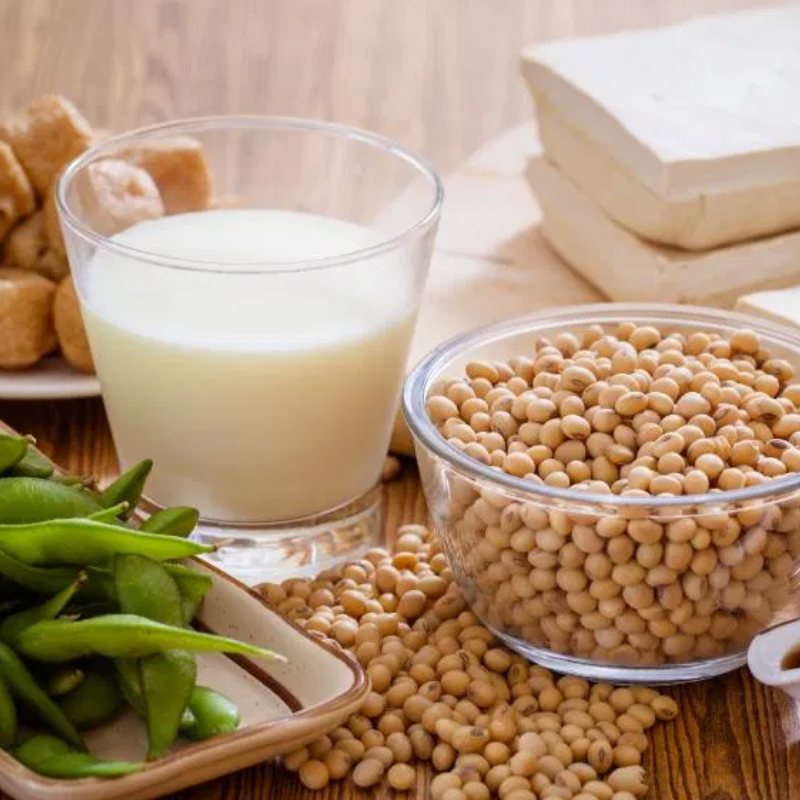August 20th, 2020
All About Phytoestrogens: What You Should Know (and where to find them)
 You may be asking, phyto-what? Keep reading…
You may be asking, phyto-what? Keep reading…
Simply put, phytoestrogens are plant compounds that mimic the molecular structure of estrogen, the main female sex hormone. Therefore, consuming phytoestrogens can cause our bodies to respond as if normal estrogen was present.
This can be both potentially good and bad for the body. There has been a lot of controversy about phytoestrogens over the years regarding whether or not they are helpful or harmful.
YAY’s for phytoestrogens
Some of the health benefits associated with phytoestrogens include:
- Lowered risk of menopausal symptoms
- Helping to treat acne
- Relieving menstrual symptoms
- Protecting heart health
- Prevention of or treatment in osteoporosis
- Reducing severity of various cancers, most notably breast cancer
*It should be noted, though, that some of the research on these health benefits is limited and still under investigation.
Nay’s for phytoestrogens
Since phytoestrogens mimic the function of estrogen, they are often considered to be endocrine disruptors, which are things that interfere with the normal functioning of hormones. Since hormones play a variety of essential roles in the body, anything that disrupts their ability to work properly can produce negative effects on the developmental, reproductive, neurological, and/or immune systems in humans. The degree to which they may negatively impact the endocrine system varies based on dose, frequency of exposure, and type of disruption.
Research shows that endocrine disruptors may pose the greatest risk during prenatal and early fetal development when organ and neural systems are forming. Keep in mind, though, that phytoestrogens are by no means the only type of endocrine disruptor, with many other sources coming from environmental exposure to man-made chemicals.
Food sources of phytoestrogens
Since phytoestrogens are a plant compound, only plant foods contain them. The 2 main classes of phytoestrogens are lignans and isoflavones.
Food examples include:
- Soy and soy based products including tofu, tempeh, miso, and soymilk
- Berries
- Seeds (particularly flaxseed)
- Legumes (beans, peanuts, and peas)
- Green and black teas
- Herbs such as black cohosh, chaste tree berry, red clover, dong quai, evening primrose, ginkgo, ginseng and licorice
Bottom Line?
More research is needed to understand the full extent of what phytoestrogens do and how they impact our health. Some studies report that a definite conclusion on possible beneficial health effects of phytoestrogens cannot be made.
What is certain, though, is that a diet rich in a variety of plant foods has been shown to produce beneficial effects on overall health. There are no known health risks from eating more plant foods, and people should not hesitate to consume high quality food sources of phytoestrogens since these foods contain a wide variety of other beneficial nutrients. However, you should always talk to your doctor before taking a phytoestrogen supplement or significantly increasing your phytoestrogen intake from food.




